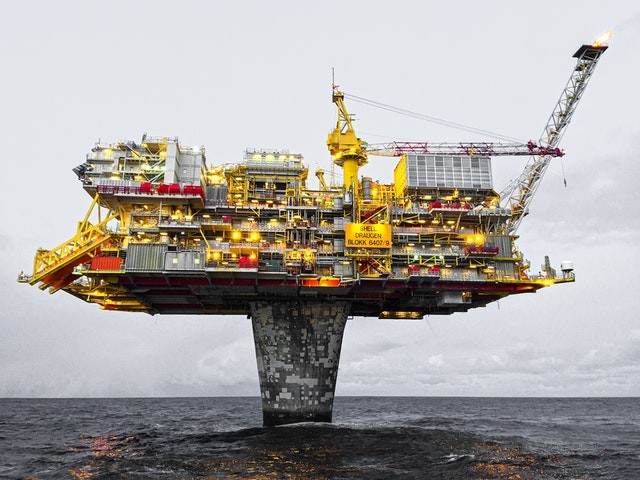
If you’ve been involved in an offshore accident, whether on an oil rig, drilling platform, or commercial vessel, it’s crucial to have an experienced offshore accident lawyer who understands the complexities of maritime law. Offshore accidents can lead to serious injuries or even fatalities, and the legal landscape for these types of cases can be complicated, involving federal maritime law, state law, and workers’ compensation regulations.
Key Types of Offshore Accidents:
- Oil Rig Accidents: Injuries from falls, equipment malfunctions, explosions, or fires on oil rigs.
- Offshore Drilling Accidents: Problems with drilling equipment, well blowouts, or oil spills.
- Platform and Vessel Accidents: Collisions, falls, or other injuries occurring on offshore platforms or during vessel operations.
- Construction and Maintenance Accidents: Injuries sustained while working on offshore construction or maintenance projects.
- Chemical Exposure: Injuries from exposure to hazardous materials, including toxic chemicals or gases.
Legal Framework for Offshore Injuries:
- Jones Act: The Jones Act is a key legal protection for seamen, offering workers the right to file personal injury lawsuits against their employers for negligence. This applies if you’re injured while working on a vessel or offshore platform.
- Longshore and Harbor Workers’ Compensation Act (LHWCA): This law provides benefits to dock workers, longshoremen, and other shore-based maritime workers who are injured while working in or near the water.
- Outer Continental Shelf Lands Act (OCSLA): If you are working on offshore oil and gas rigs, this law may apply, and it provides workers with the right to sue employers for negligence if injured on the Outer Continental Shelf.
- Maritime Negligence and Product Liability: If equipment failure or defects contributed to the accident, a product liability or negligence lawsuit might be possible against manufacturers or third parties.
Why You Need an Offshore Accident Lawyer:
- Complex Legal Issues: Offshore accidents often involve multiple layers of law, including both state and federal regulations, and the legal procedures for filing claims can be highly complex.
- Medical and Financial Support: Injuries from offshore accidents can lead to long-term medical treatment, rehabilitation, and lost wages. A lawyer can help ensure you receive the compensation needed to cover medical bills, lost wages, and other damages.
- Investigation of the Accident: Offshore accidents often require thorough investigations to determine the cause, including collecting evidence from the scene, interviewing witnesses, and consulting with experts.
What to Look for in an Offshore Accident Lawyer:
- Experience in Maritime Law: Ensure the attorney specializes in offshore accidents and has experience dealing with Jones Act claims, LHWCA cases, and related legal issues.
- Successful Track Record: Look for a lawyer with a proven record of winning offshore accident cases and obtaining significant settlements or verdicts for their clients.
- Familiarity with the Offshore Industry: An attorney with a deep understanding of offshore operations (oil rigs, drilling platforms, etc.) will be better equipped to handle your case.
- No Upfront Fees: Many offshore accident lawyers work on a contingency fee basis, meaning you don’t pay unless they win your case.
Some Top Offshore Accident Law Firms in Houston:
- The Callahan Law Firm
Known for handling offshore and maritime injury cases, particularly those involving the Jones Act, they have a strong reputation in helping injured workers secure fair compensation. - O’Quinn Law Firm
O’Quinn has a history of handling complex offshore and maritime personal injury cases. They’re known for their aggressive advocacy and extensive resources to investigate cases thoroughly. - Bailey Perrin Bailey
This firm has significant experience in both offshore injury cases and maritime law, providing representation for workers injured on offshore platforms, rigs, and vessels. - Finkelstein & Partners LLP
Though based in New York, they have a national reach and significant experience with maritime and offshore accident cases. - Smith & Hassler
Based in Houston, they handle a wide range of personal injury cases, including maritime and offshore accidents. They have a strong reputation for helping workers injured in the oil and gas industry.
Steps to Take After an Offshore Accident:
- Seek Immediate Medical Attention: Your health and safety should be your primary concern. Make sure to get medical attention, even if injuries seem minor at first.
- Report the Incident: Ensure that your accident is documented by your employer or offshore employer.
- Preserve Evidence: Take photographs of the accident scene, equipment involved, and your injuries if possible. This evidence can be crucial later.
- Contact a Maritime Lawyer: Speak with a qualified offshore accident attorney as soon as possible to protect your legal rights and ensure your case is handled properly.

Comments